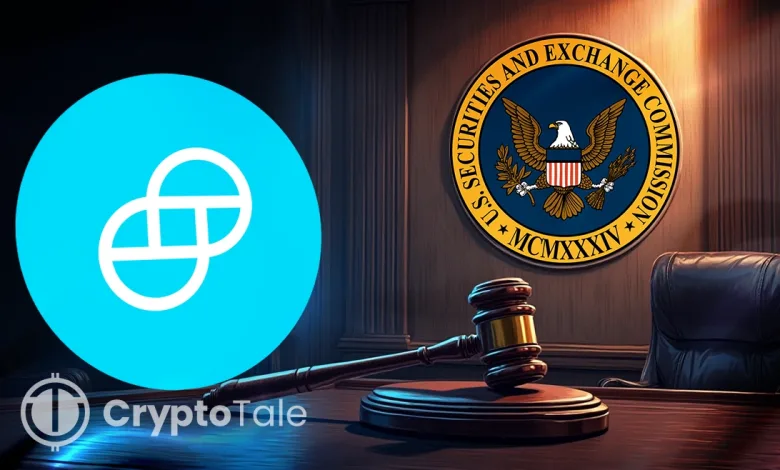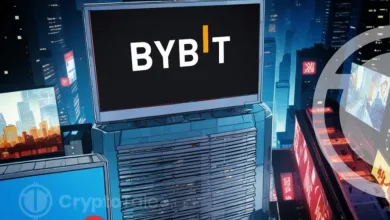SEC-Gemini Agreement Signals New Path for Crypto Yield Products

- The SEC and Gemini informed a federal court of a bargain in principle over Gemini earnings.
- The case focused on whether yield products should be treated as unregistered securities.
- The settlement may guide how regulators handle crypto lending and yield programs ahead.
Almost three years after filing its complaint, the U.S. Securities and Exchange Commission (SEC) and Gemini Trust settled in principle. Both parties informed the Southern District of New York that the Gemini Earn case may soon end. In a Monday filing, lawyers requested that all deadlines in the civil case be stayed until December 15 for final paperwork. While U.S. District Judge Edgardo Ramos received the request, both sides confirmed that the resolution still required SEC approval.
The disclosure came shortly after Gemini completed a $425 million initial public offering that valued the firm at $3.3 billion. Neither Gemini’s counsel nor the SEC provided immediate comments on the settlement.
Case Background and Broader Enforcement Context
The SEC originally filed charges against Gemini and Genesis Global Capital in January 2023, alleging unregistered securities offerings through Gemini Earn. The program launched in 2021 under Gemini, led by Tyler and Cameron Winklevoss. Customers lent cryptocurrency to Genesis in exchange for returns as high as 7.4% annual percentage yield. When Genesis filed for bankruptcy, many lost access to funds, intensifying scrutiny on lending programs.
At that point, this case was one of the steps along law enforcement efforts on yield-bearing crypto products. Regulators were responding to the fallouts from collapses of firms such as Celsius and BlockFi, which left investors bankrupt. For Gemini, the SEC action passed as a compliance challenge and potentially even a reputational risk. The legal fight occurred amidst the company’s pursuit of a public listing and maintenance of its investors’ confidence.
Shifting SEC Posture and Future Implications
The resolution captures the evolved view that the SEC has had since Antigua and Barbuda’s president appointed Paul Atkins chair. Atkins initiated a “Project Crypto” to overhaul the digital asset regime and resolve adversarial litigation. Since then, the Commission withdrew lawsuits against Coinbase, Binance, and Ripple, having chosen a more cooperative path of regulation. Thus, the Gemini settlement is in line with this broader approach to enforcement.
Questions remain: Does the settlement serve to bring some order to the regulation of interest-bearing crypto accounts, or does it merely end the spotlighted investigation? This could have major consequences for how lending products are marketed across the U.S. The terms of the settlement remain confidential, thereby greatly limiting any kind of precedent. Most settlements are negotiated; they end the cases without issuing binding guidance, allowing agencies to open new areas of interpretation.
Related: Gemini IPO Oversubscribed 20×, Raises $425M on Nasdaq
Market Confidence and Regulatory Outlook
For the industry, clearer regulations could reduce legal risk and hence offer greater investor confidence. If expectations by regulators are transparent and consistent, firms may go on to expand yield programs. The Gemini settlement is a sign that regulators may be willing to negotiate instead of tying parties up in an extended litigation process.
The case could send signals on how to treat legacy enforcement as the SEC switches over to clearer frameworks for digital assets. Perhaps negotiated settlements may become the preferred way to deal with earlier disputes.
With Project Crypto now underway, exchanges and stablecoin issuers are glancing for hints of expedited approvals and more fortified investor protections. The Gemini resolution may act as an early test of the SEC’s updated approach.
The settlement underscores both the risks of unregistered lending and the shifting regulatory environment in Washington. For centralized platforms, the outcome may determine whether yield offerings must be registered as securities.




